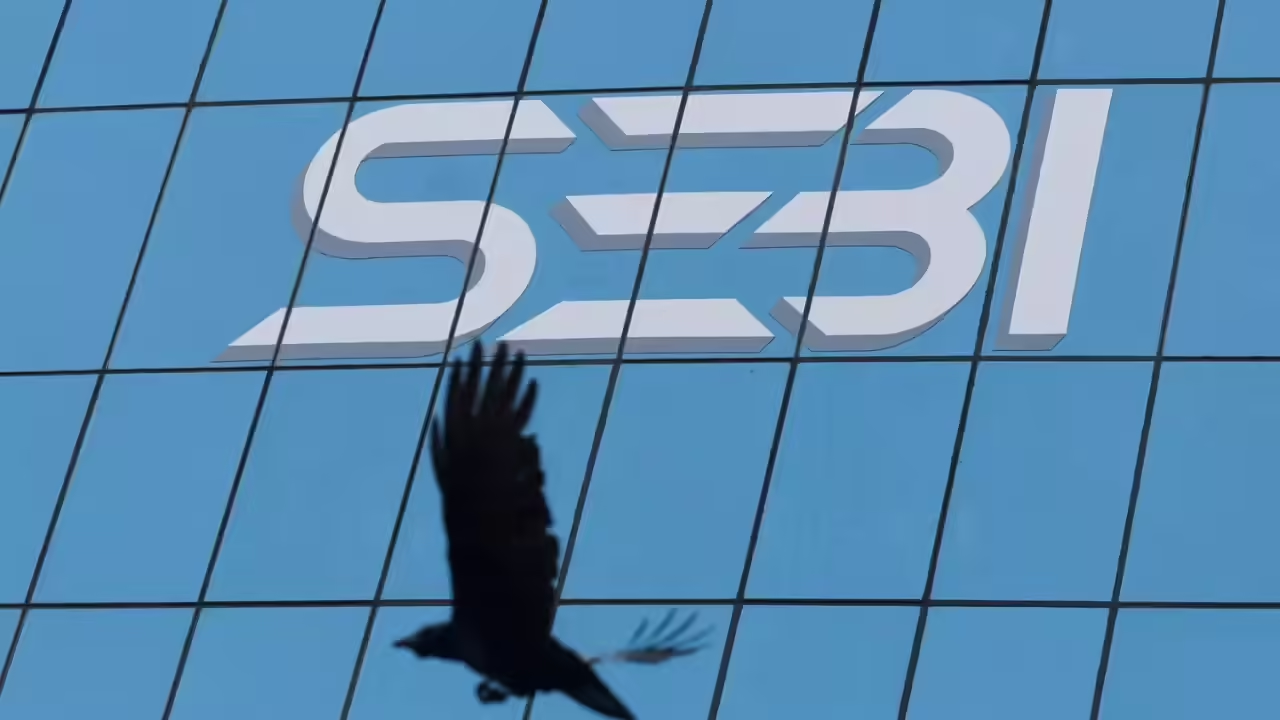As the FAIU continues to scrutinize these foreign investments, wealthy Indian citizens owning Dubai properties are advised to review their compliance with Indian tax laws and ensure that any overseas assets are duly reported to avoid potential penalties
In recent developments, India’s Foreign Asset Investigation Unit (FAIU) under the Income Tax Department has issued notices to around 100 affluent Indian nationals for allegedly undisclosed property holdings in Dubai, economictimes.indiatimes.com reported.
This crackdown stems from data shared by UAE authorities on Indian passport holders who have spent less than 90 days in the UAE, highlighting a new approach by tax authorities to monitor foreign asset declarations.
The FAIU’s investigation targets individuals whose asset purchases in Dubai may not have been disclosed in their Indian tax filings. These notices have reportedly been issued as part of a larger initiative to verify the legitimacy of foreign investments and ensure compliance with India’s tax laws. Officials seek to confirm whether these properties were acquired through legitimate, taxed funds and were included in the Foreign Asset (FA) schedules in tax returns. In cases where individuals cannot prove a legitimate source of funds, they may face significant tax liabilities and penalties under the Black Money Act, which could exceed the actual value of the assets.
- Notably, under the Double Taxation Avoidance Agreement between India and the UAE, individuals who spend over 90 days in the UAE can gain certain tax benefits, while those with residency status (spending over 181 days) receive broader treaty advantages
- This agreement may restrict information sharing on UAE residents, suggesting that the current data pertains only to those who do not meet residency requirements
Historically, information about foreign real estate holdings has been challenging for Indian authorities to obtain, as jurisdictions typically share only financial details related to bank accounts, stock investments, or trust beneficiaries. However, the latest UAE data includes extensive details on Dubai real estate purchases marketed to foreign investors through attractive payment plans and easy financing options. Real estate developers in Dubai have enticed Indian investors with down-payment schemes as low as 10% and the remaining balance payable over 4-8 years, making Dubai properties an appealing option for overseas investment.
Adding complexity, the Liberalised Remittance Scheme (LRS) permits Indian residents to invest up to $250,000 annually in foreign assets, creating a pathway for Indian nationals to participate in the Dubai real estate market legally. However, there is some debate among financial experts about whether all types of property deals qualify under LRS, particularly in cases where individuals sell property rights before project completion, profiting from the rising property values.
***********************************************************
Readers
These are extraordinary times. All of us have to rely on high-impact, trustworthy journalism. And this is especially true of the Indian Diaspora. Members of the Indian community overseas cannot be fed with inaccurate news.
Pravasi Samwad is a venture that has no shareholders. It is the result of an impassioned initiative of a handful of Indian journalists spread around the world. We have taken a small step forward with the pledge to provide news with accuracy, free from political and commercial influence. Our aim is to keep you, our readers, informed about developments at ‘home’ and across the world that affect you.
Please help us to keep our journalism independent and free.
In these difficult times, running a news website requires finances. While every contribution, big or small, will make a difference, we request our readers to put us in touch with advertisers worldwide. It will be a great help.
For more information: pravasisamwad00@gmail.com











